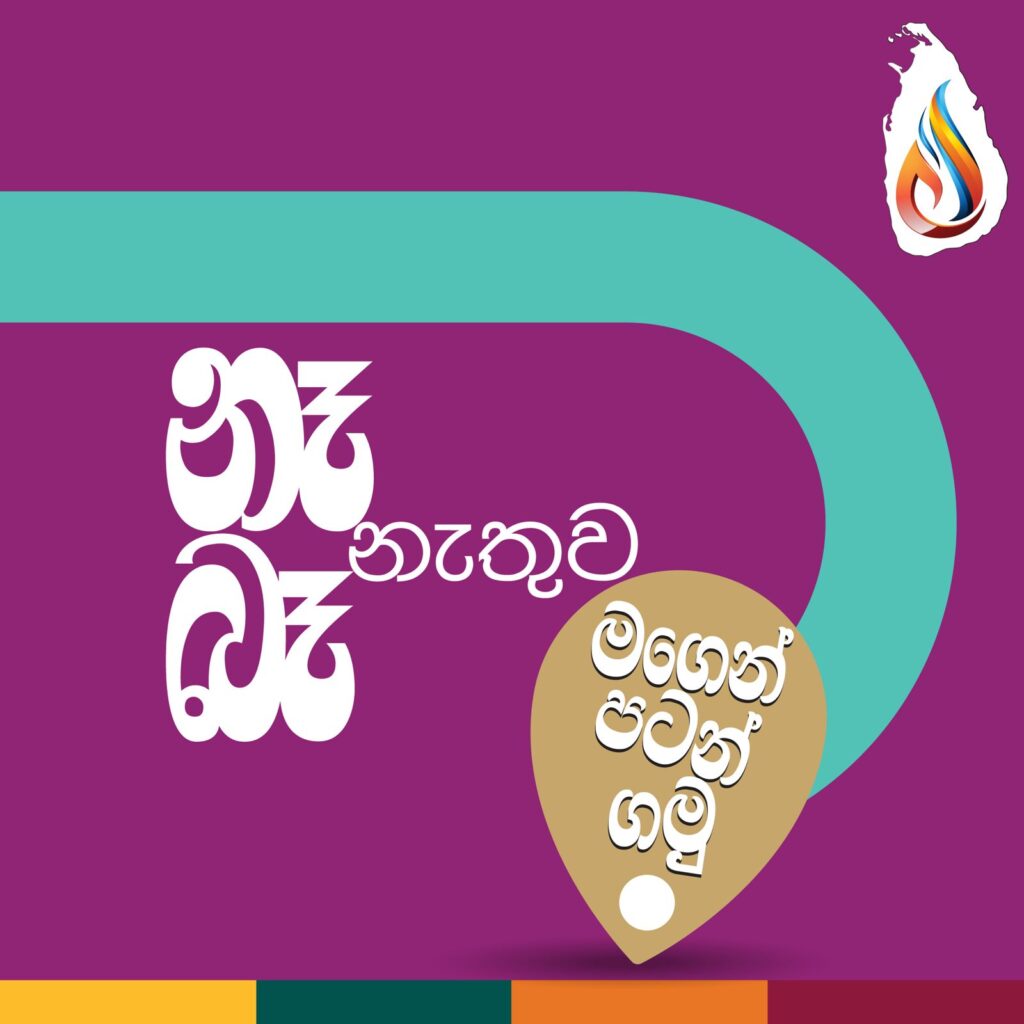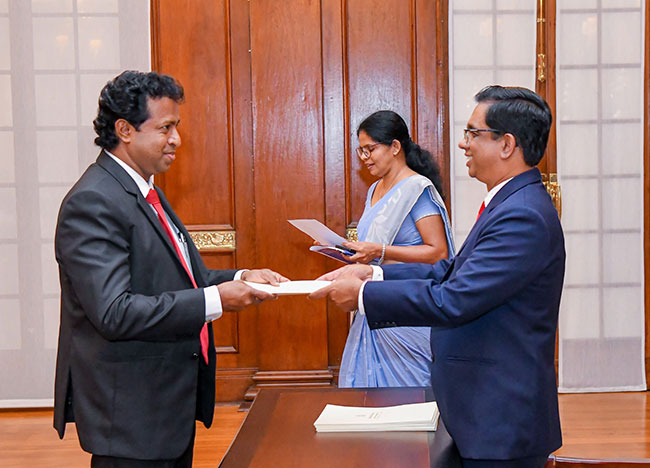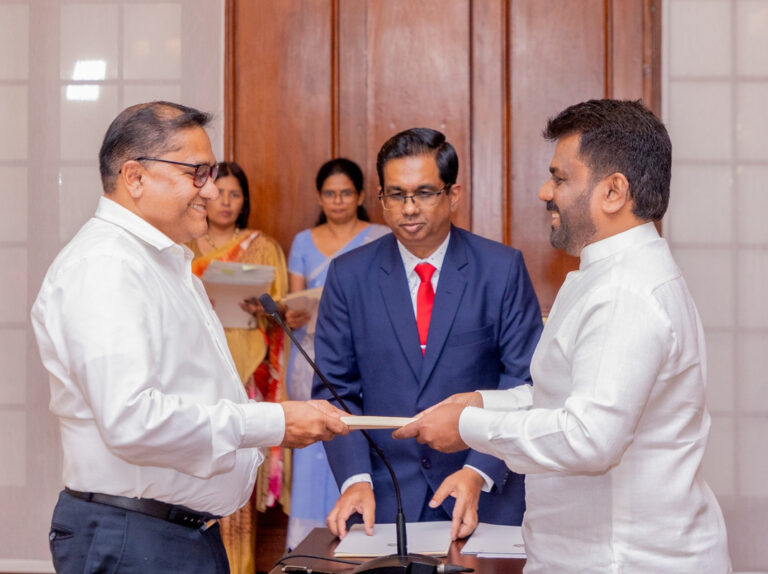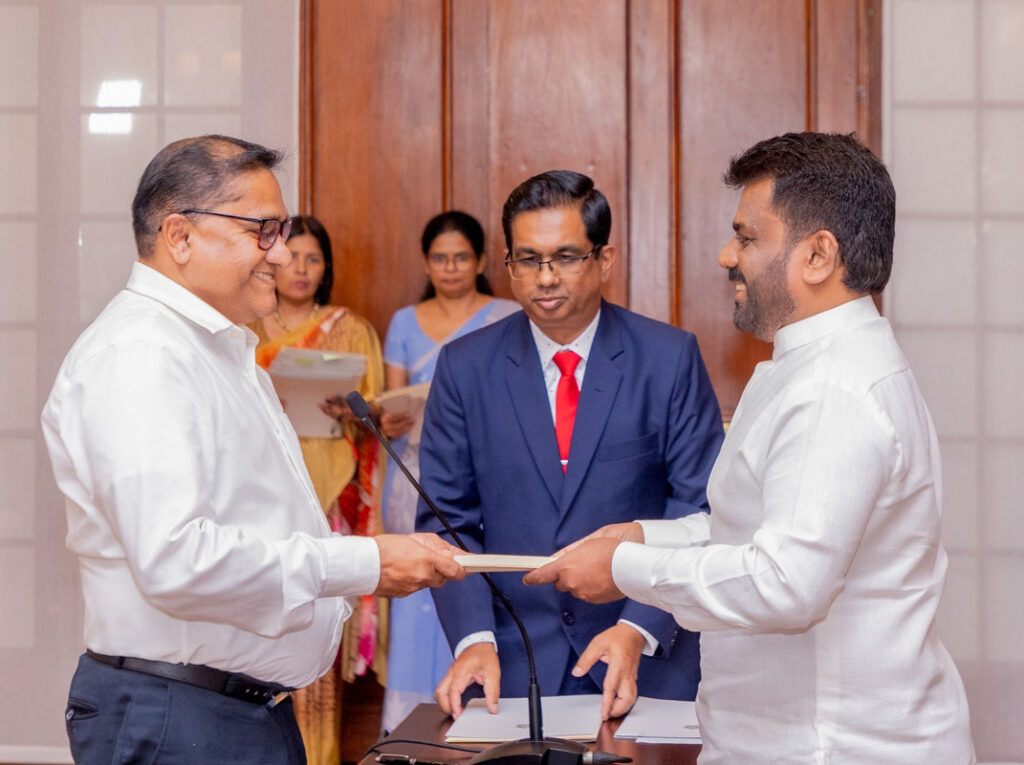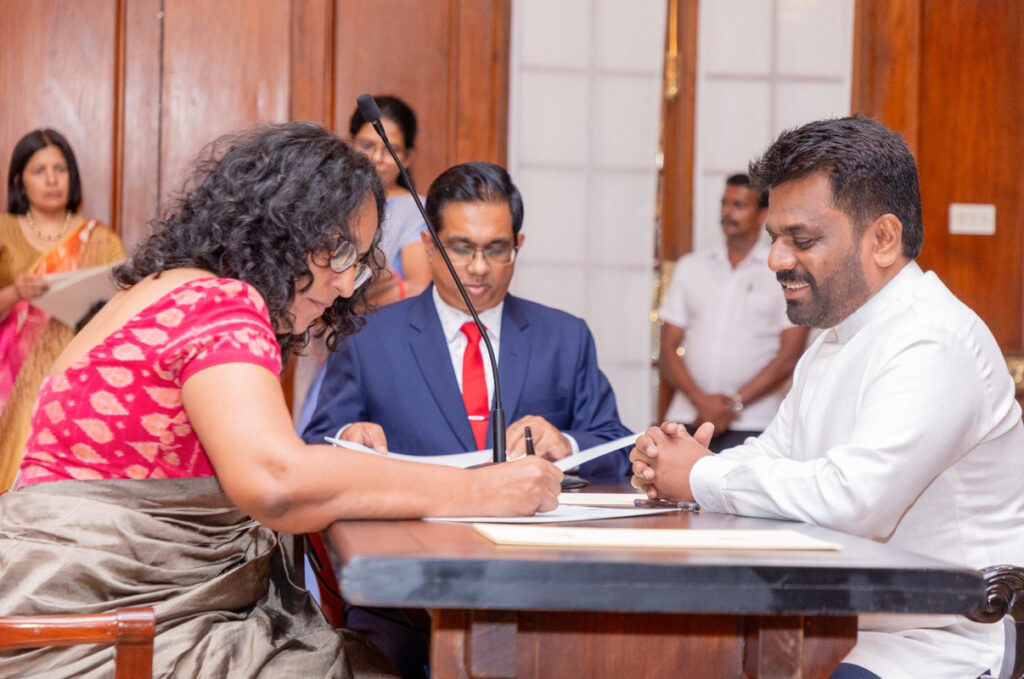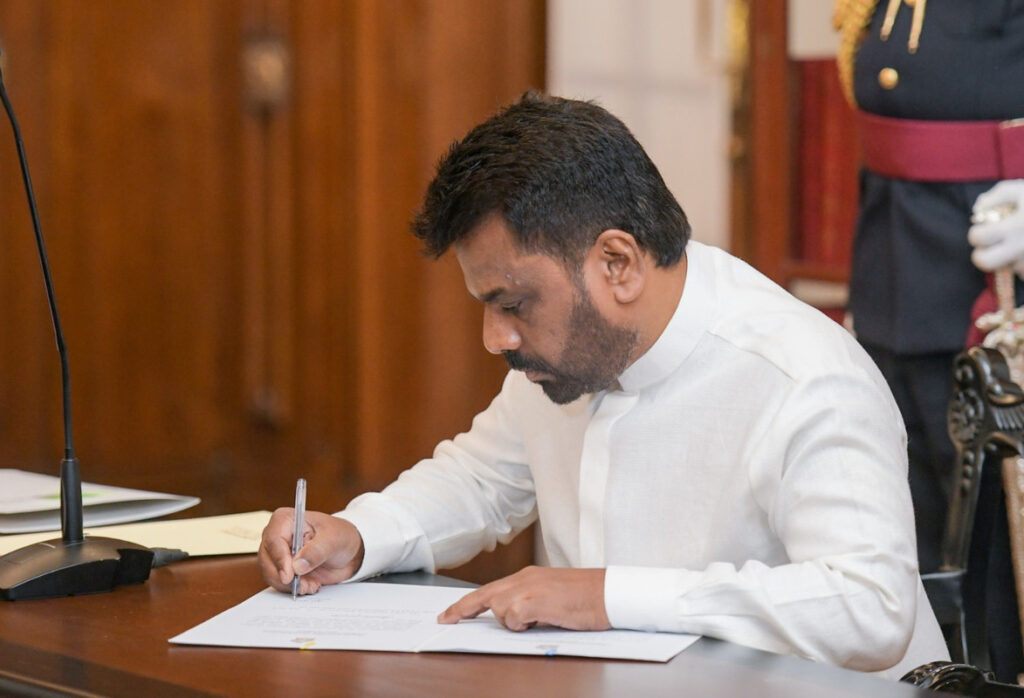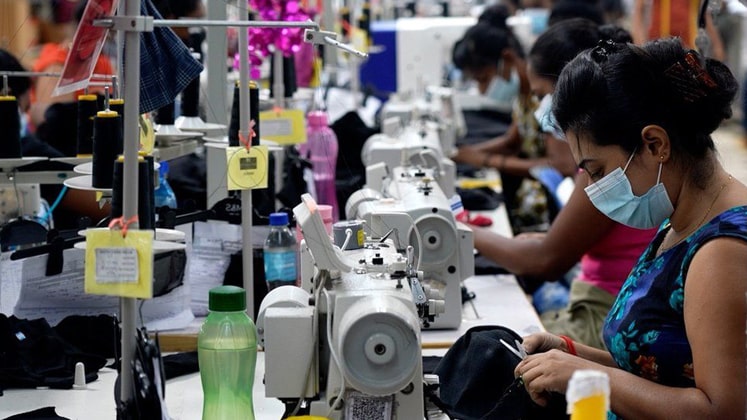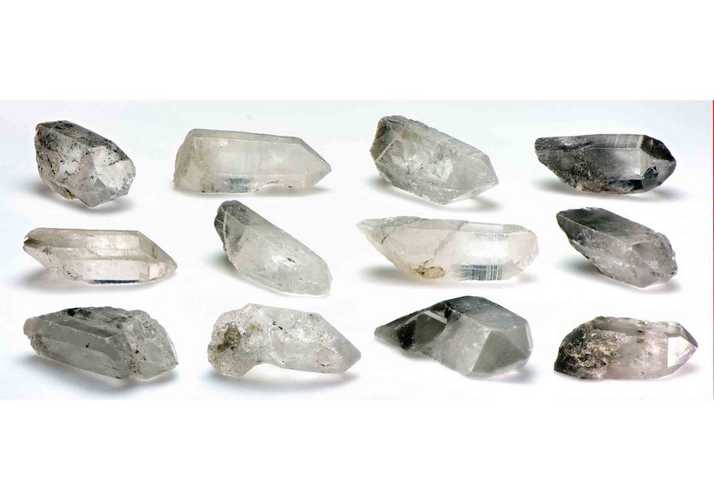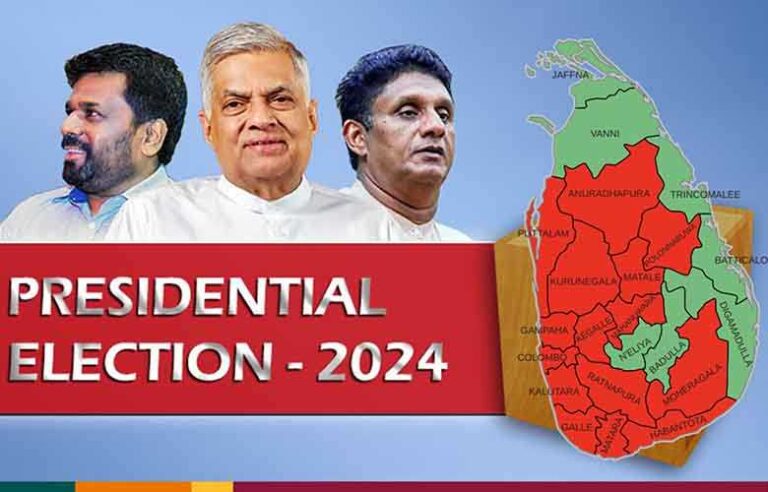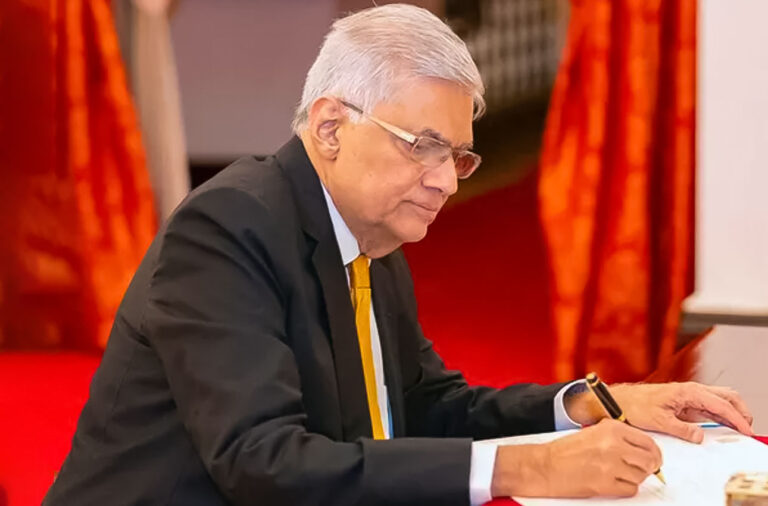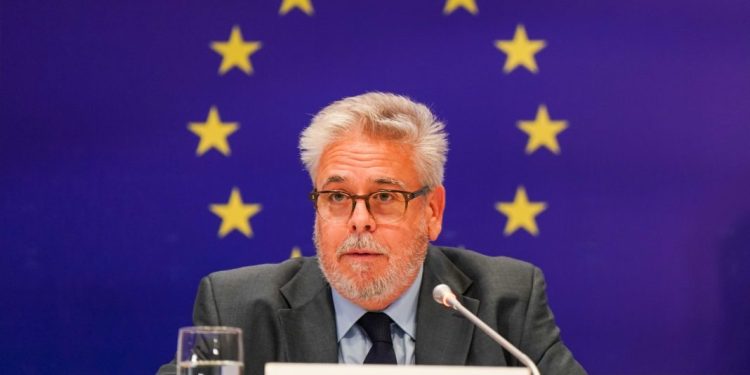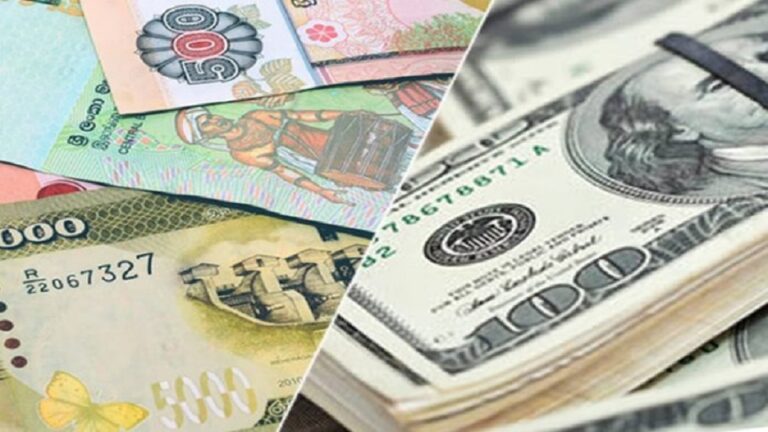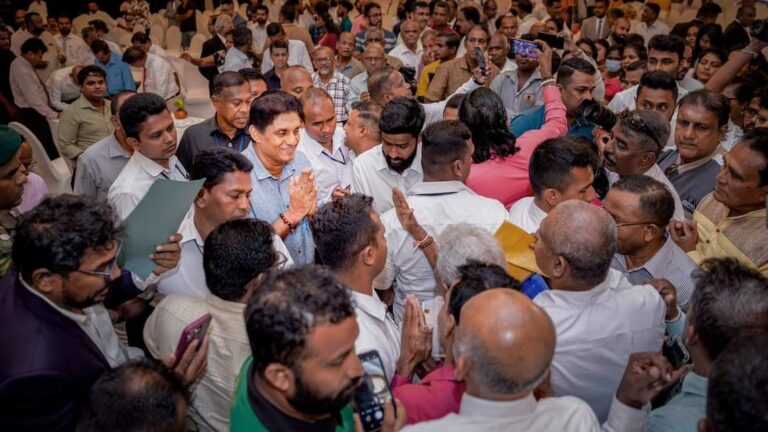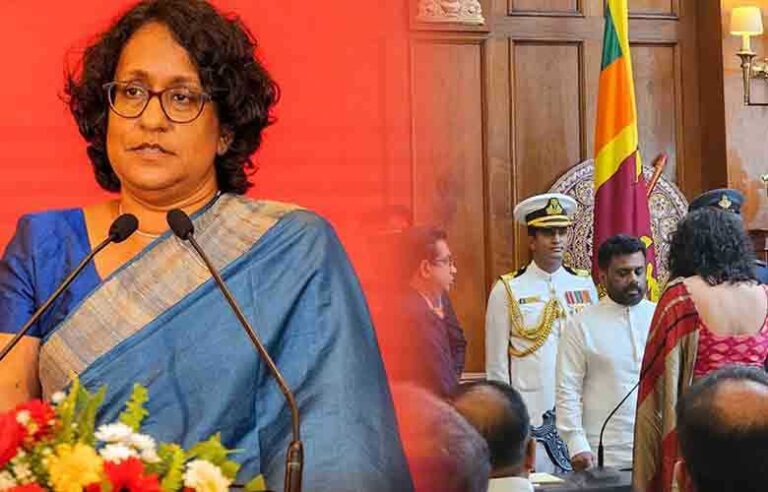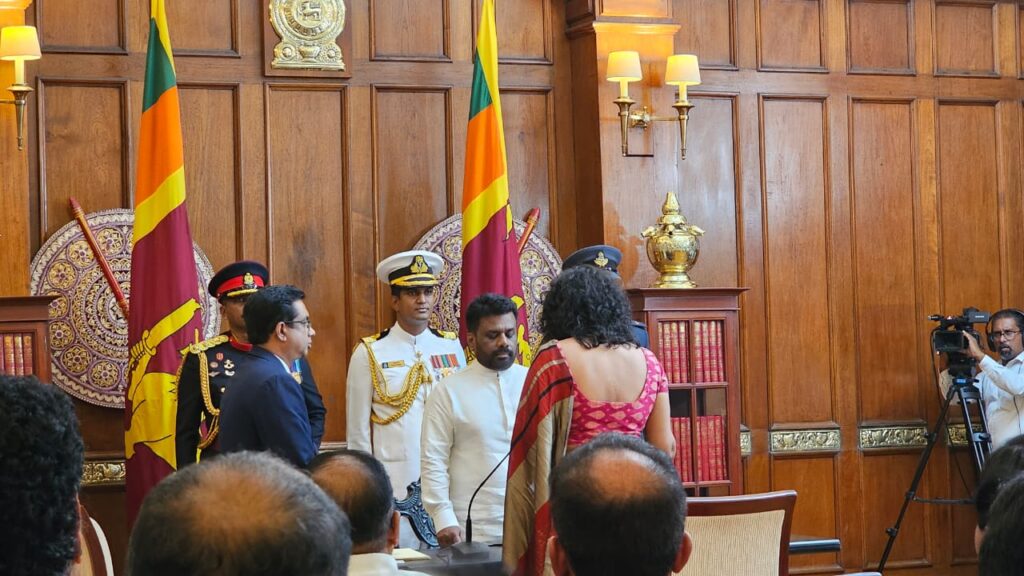By: Isuru Parakrama
September 24, Colombo (LNW): 15 new Secretaries have been appointed to head several key ministries in Sri Lanka, the President’s Media Division (PMD) announced.
The appointments include critical positions such as Secretary to the Prime Minister and Cabinet Secretary, marking a fresh phase of leadership in these ministries.
These appointments come at a time of substantial political and economic change in the country, with the new administration looking to instil a renewed sense of governance and efficiency.
Each of these roles is expected to carry a profound responsibility in implementing the government’s strategic objectives and managing the day-to-day operations of vital sectors.
The full list of appointments:
1. Mr. G.P. Saputhanthri – Secretary to the Prime Minister
2. Mr. W.M.D.J. Fernando – Cabinet Secretary
3. Mr. K.D.S. Ruwanchandra – Secretary to the Ministry of Transport, Highways, Ports, and Civil Aviation
4. Mr. K.M.M. Siriwardena – Secretary to the Ministry of Finance, Economic Development, Policy Formulation, Planning, and Tourism
5. Mrs. Aruni Wijewardena – Secretary to the Ministry of Foreign Affairs
6. Ms. J.M.T. Jayasundara – Secretary to the Ministry of Education, Science and Technology
7. Mr. K. Maheson – Secretary to the Ministry of Women, Children, Youth Affairs, and Sports
8. Mr. M.M. Naimuddin – Secretary to the Ministry of Trade, Commerce, Food Security, Cooperative Development, Industry, and Entrepreneurship Development
9. Mr. A.M.P.M.B. Atapattu – Secretary to the Ministry of Rural and Urban Development, Housing, and Construction
10. Dr. Palitha Gunaratne Mahipala – Secretary to the Ministry of Health
11. Mr. W.P.P. Yasaratne – Secretary to the Ministry of Justice, Public Administration, Home Affairs, Provincial Councils, Local Government, and Labour
12. Mr. B.K. Prabhath Chandrakeerthy – Secretary to the Ministry of Environment, Wildlife, Forest Resources, Water Supply, Plantation, and Community Infrastructure
13. Mr. M.P.N.M. Wickramasinghe – Secretary to the Ministry of Agriculture, Lands, Livestock, Irrigation, Fisheries, and Aquatic Resources
14. Mr. H.S.S. Thuiyakontha – Secretary to the Ministry of Defence
15. Mr. D.W.R.B. Seneviratne – Secretary to the Ministry of Public Security
16. Mr. Ranjith Ariyaratne – Secretary to the Ministry of Buddhasasana, Religious and Cultural Affairs, National Integration, Social Security and Mass Media
17. Professor K.T.M. Udayanga Hemapala – Secretary to the Ministry of Energy
